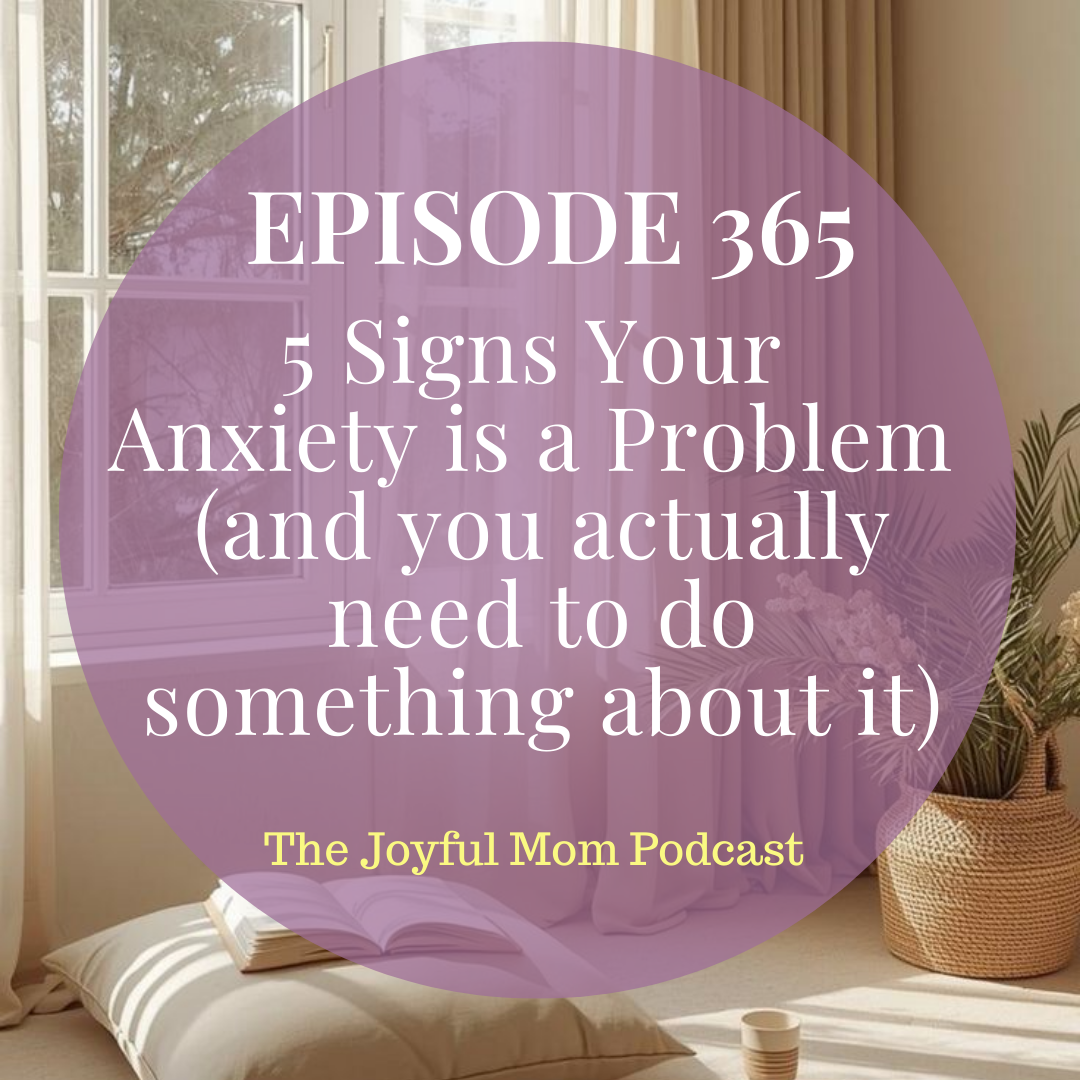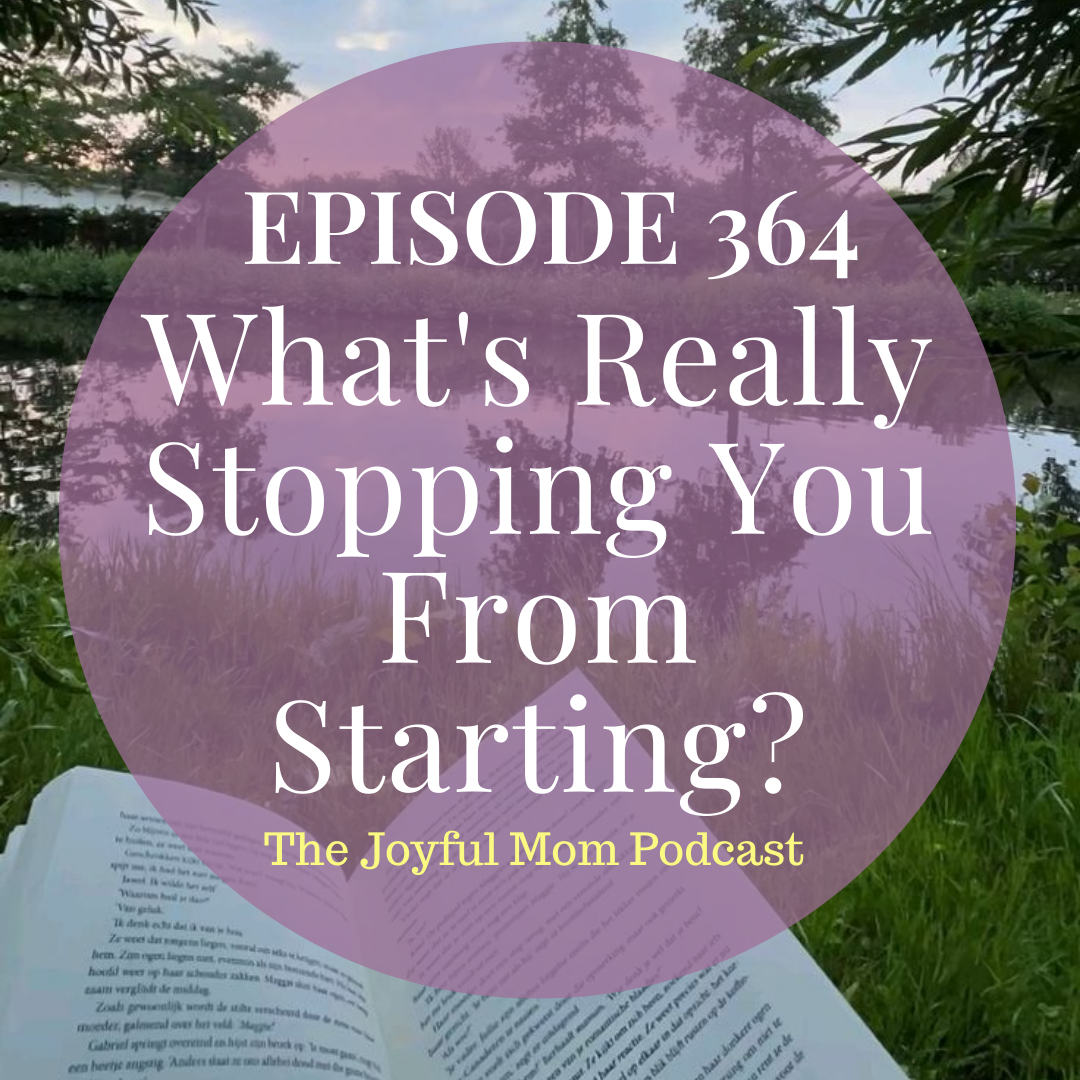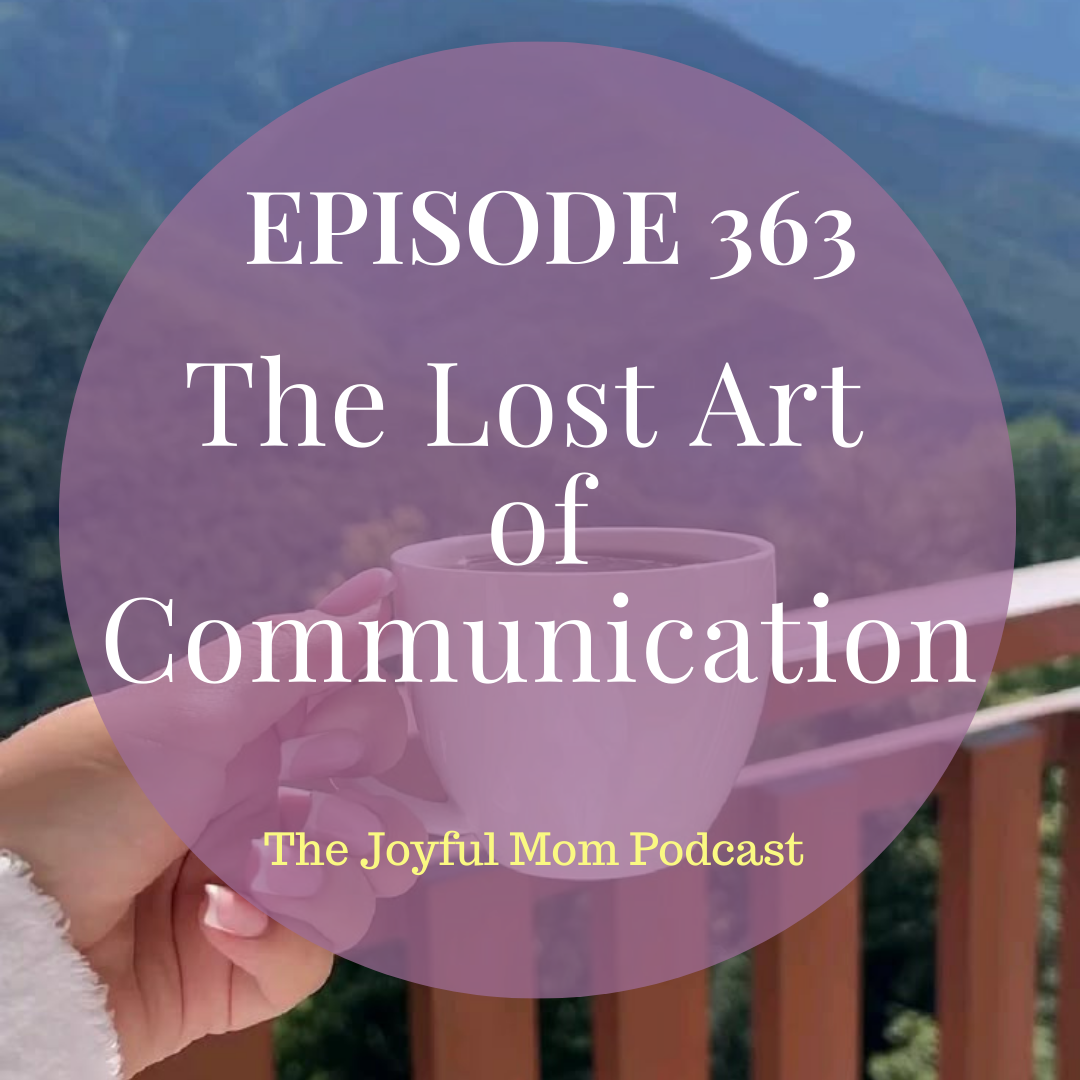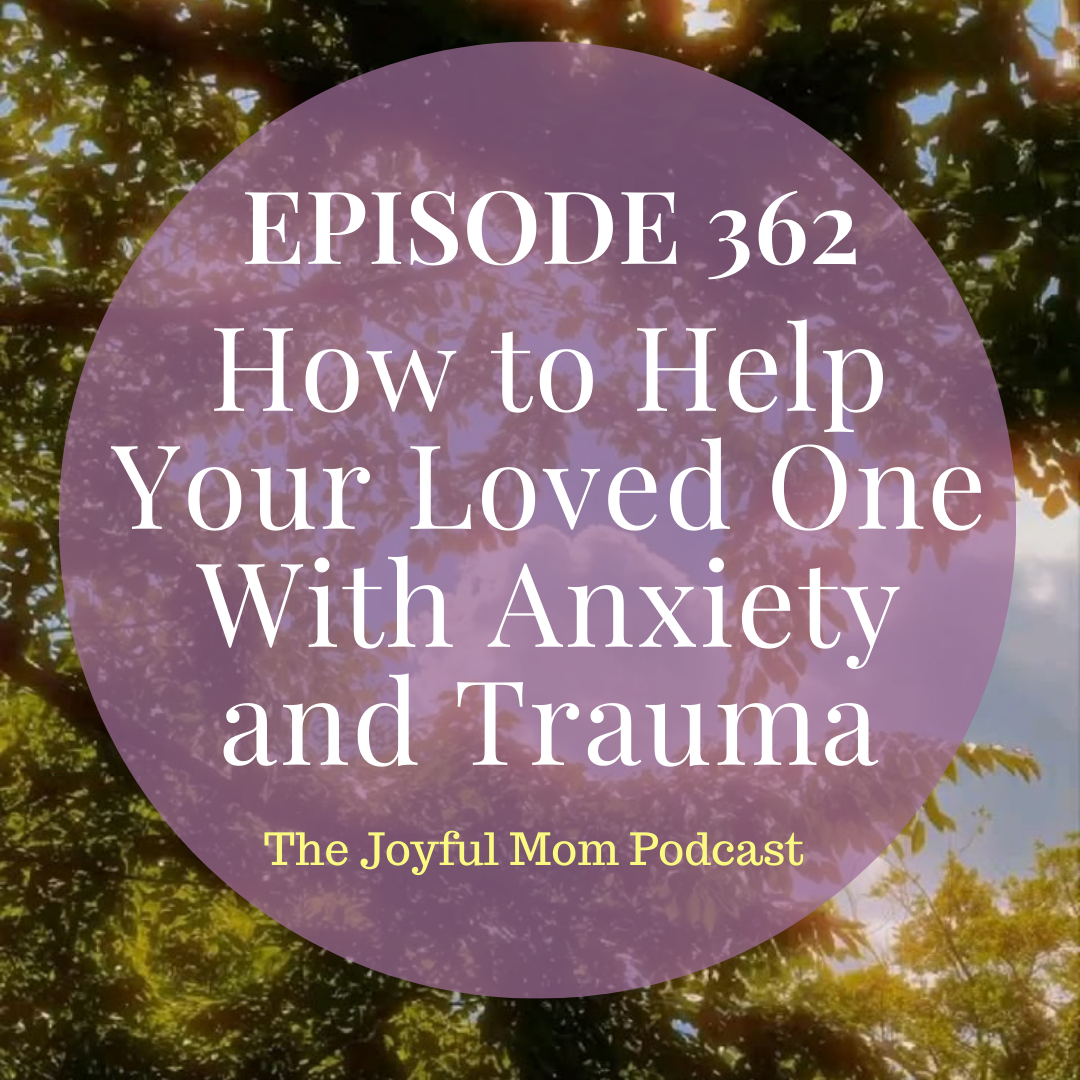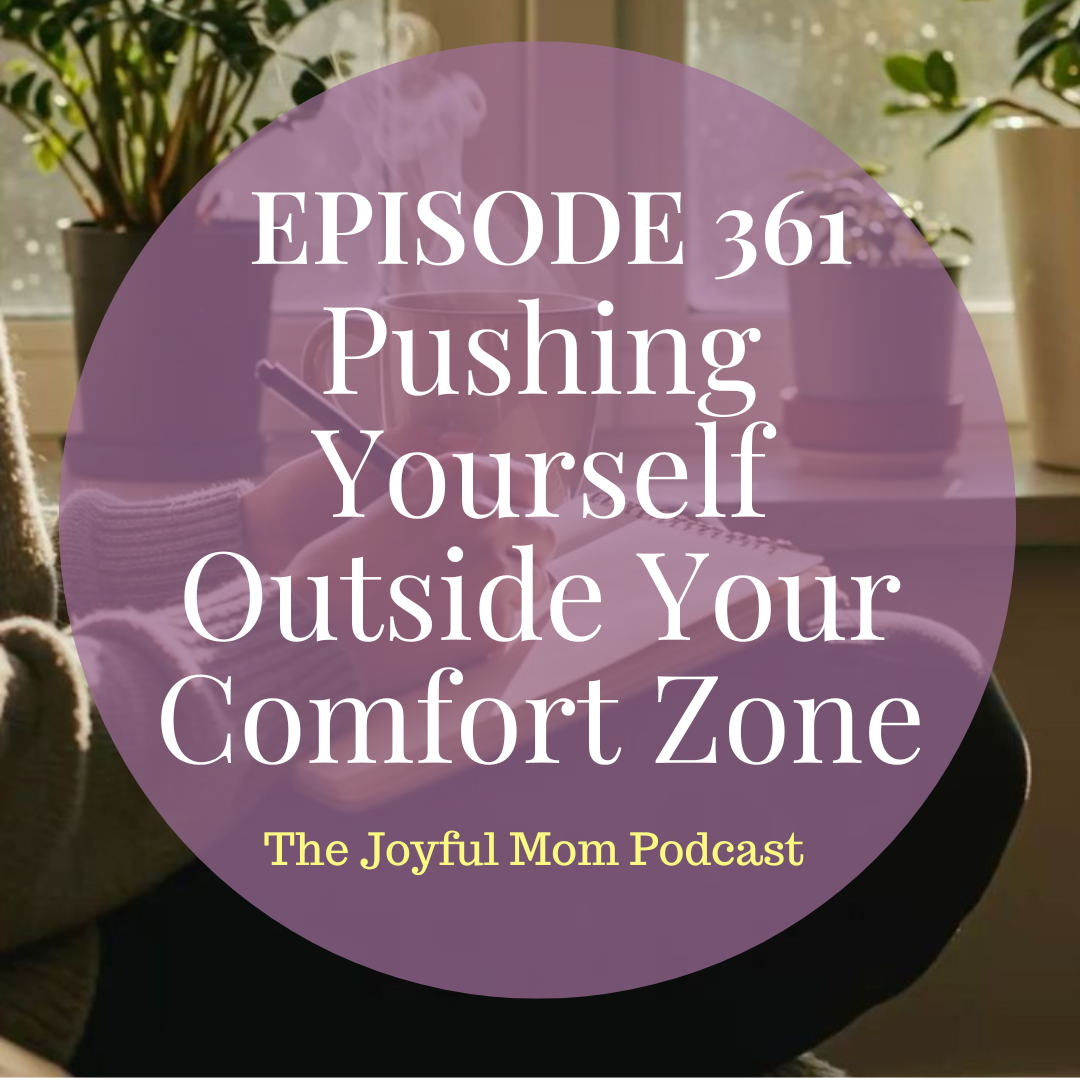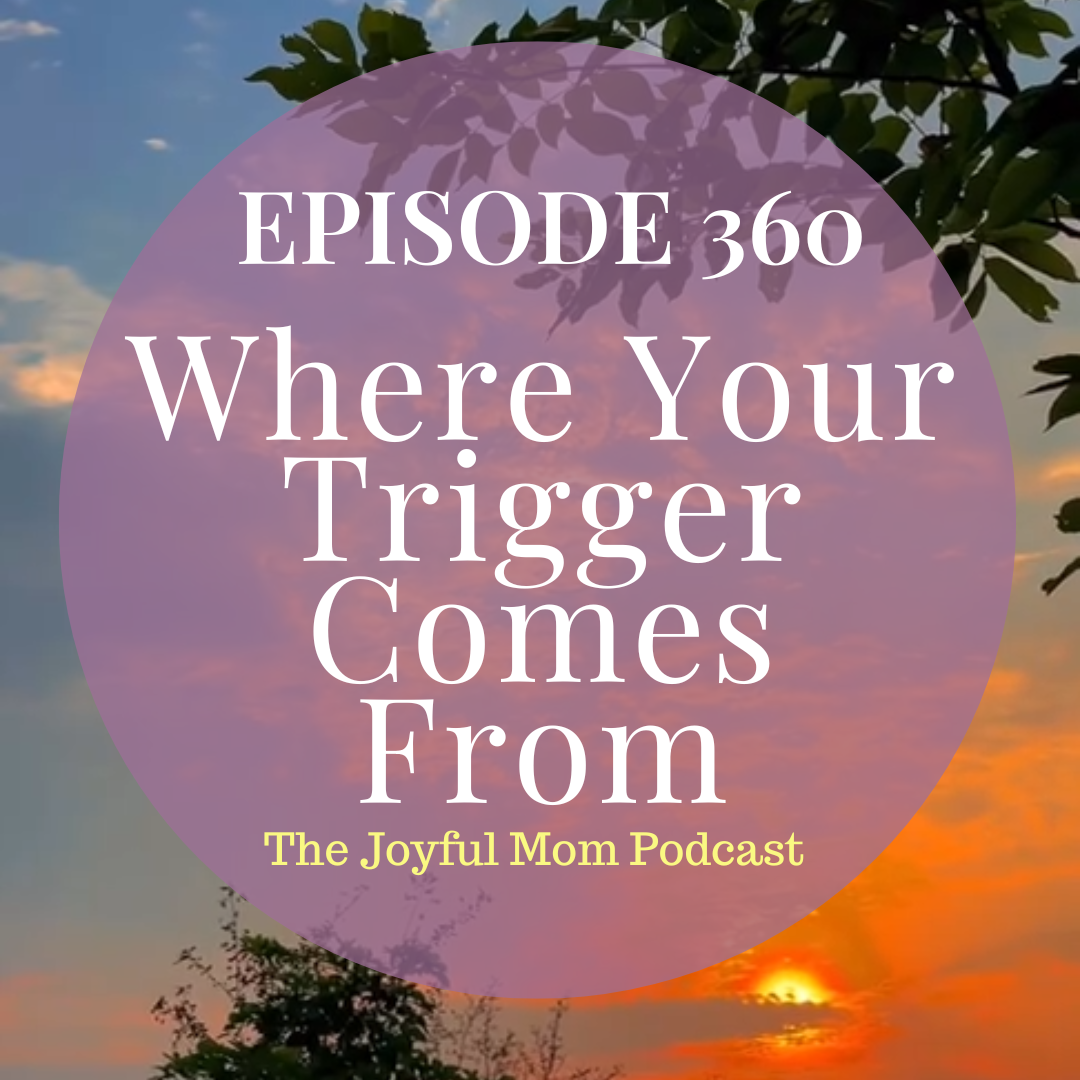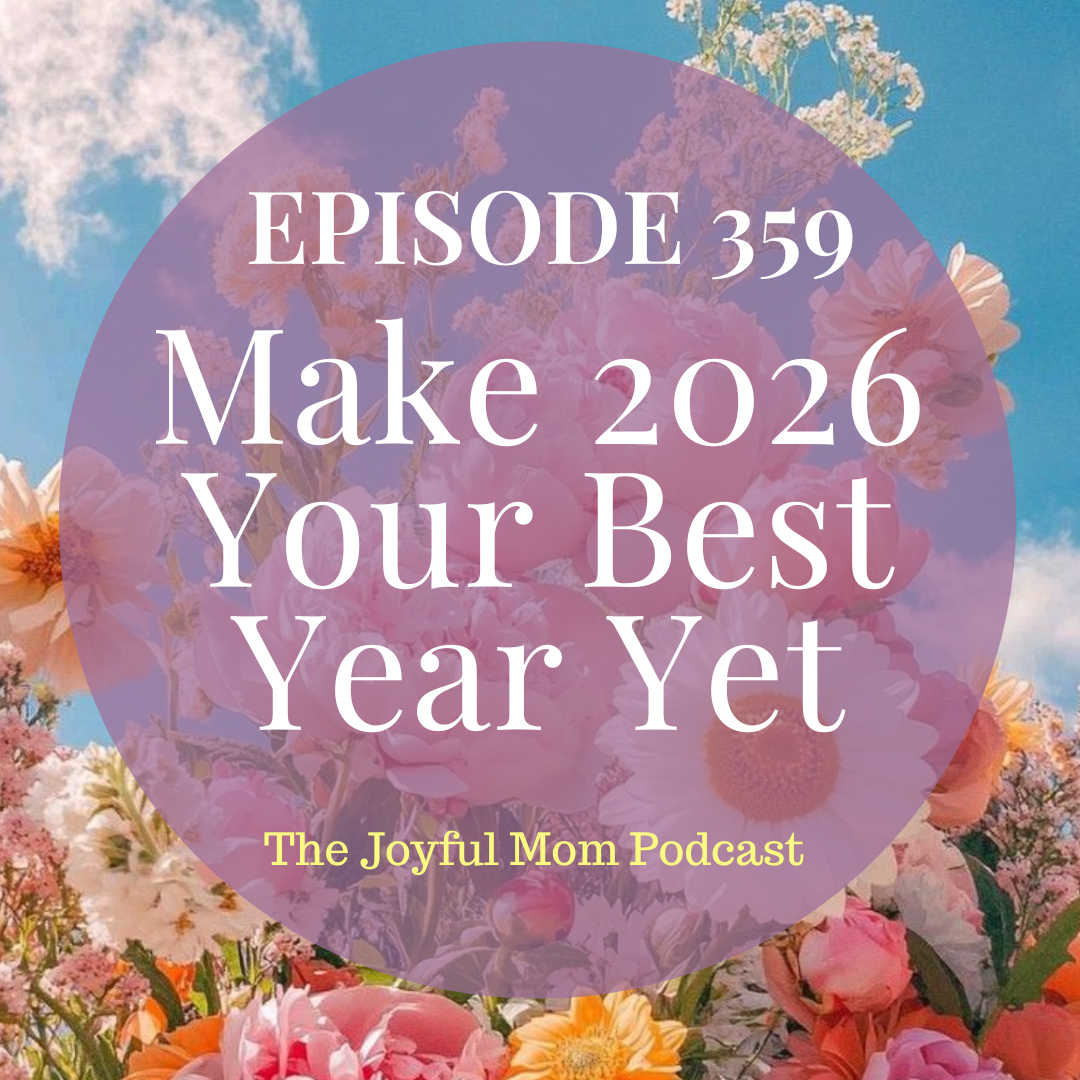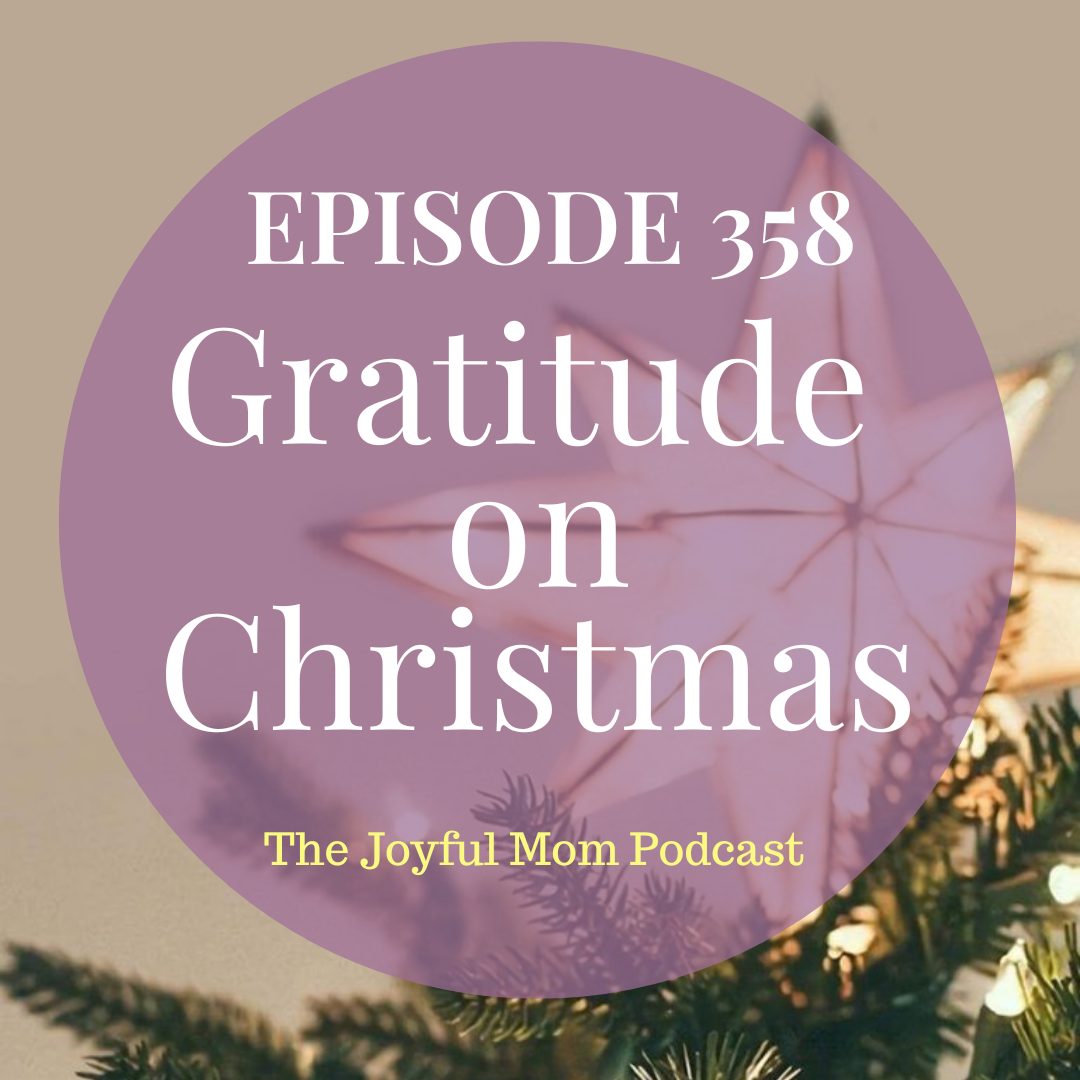274: Connection Through Trials in Marriage
Hi, everyone! Today I'm just going to be sharing a recording of a talk or session I held with my friend, Brett Nicholas. He had a couples retreat last weekend, and I spoke at it and talked about connection through trials and marriage.
I just want to give a quick shout-out to Brett and his hosting of this retreat. If you want to check him out, you can go to the pivotal approach; that's how you can find him on Instagram, and that is his website.
He works with couples a lot and does amazing things for couples who are really struggling with connection or have a lot of conflict in their marriage. And he does a great job at it.
I also wanted to say that I have four spots left of the 10 spots that I'm offering. I'm offering to promise that I can help you be anxiety-free. I know when I share about this, I get a lot of—that sounds amazing, but that's not possible. How is that possible? How can you help me in just two sessions? It just doesn't seem to work.
For example, today I just had a session with the mom who we cleared. If we think of it as clearing the energy, the trigger, or the emotion around a specific word, by the time we were done with the session, this thing she had, she was able to avoid. She tried to separate herself from it, even though she couldn't. She had all of this; she said it was like this huge. It was controlling her, and she was so sick of it. By the time we were done with our session, she told me a story that she imagined going by; she had all of this stuff, but she didn't get a reaction. It's really amazing what can happen in just one session and what we can do with two sessions.
I promise, at the end of these two sessions, you will notice a significant difference in anxiety. If you don't, you will get a complete refund. And because you took time to do it, I will also pay you, so I will refund you and pay you if it doesn't make a significant difference in your experience.
I have four spots left out of 10. After these four spots go, the price will jump to triple the amount. I only have it at a low cost right now because I just want to gather more stories as proof that this works. What do you have to lose if you are anxious? If you have been experiencing anxiety, you have nothing to lose. Living with anxiety is awful. It's horrible, and I don't want you to live with anxiety anymore. Seriously, I'm here to help you. I can help you. Go to meganhillukka.com/beanxietyfree and get one of those four spots. They will go because I keep talking about it, and I'm here to help you with this. So again, meganhillukka.com/beanxietyfree.
OK, and now we're going to put that recording of my session on Brett's couples retreat. Enjoy!
Today, I'm going to talk about our connection through trials. It's what Brett asked me to talk about. If you don't know me, this is me and my family. I don't have my little baby, who was born in May, in this picture. If you see this sunshine in the background, I kind of think of that as our daughter, who died just poking through in the background. I've been married to Justin, my husband, for almost 12 years, and we have eight kids. In my life, I'm a mom, I'm a wife, and I do all the things in the house. Just like being a mom and a wife and all of that. And I homeschool my kids!
In my work life, about which I'm going to share some things here today, I'm just super passionate and curious about grief. Obviously, our daughter is dying, but so is her mental health and well-being, and really, how can we be happy in this life when really hard things happen in our lives?
I've experienced a ton, which I'm going to share with you. I have a lot of passion for bringing that to other people. Bringing that ability to be able to have hard things happen. To live through your child’s death and really have a connected marriage. Where I'm going to focus today is on connection and marriage, and how that can be possible even through trials.
A very big trial for us was our daughter Aria's death. This is a picture of her here; she was 15 months old when she died. I really want to point out that trials can be visible or invisible. In some ways, our daughter dying was a visible trial. I feel like there's a lot more support when you can talk about it more when it's visible. It can be a little bit more difficult when it's invisible because it can be hard to bring up. There might be shame wrapped around it. There might be—you know, you don't know—if you could share, who would you talk to?
I just wanted to point out that some trials are visible and some are invisible. and we don't always know what people are going through. In a couple, you can look at the couple, and from the outside, everything looks great, but things are really rocky or difficult in their marriage. When we get married, we vow to love each other in sickness and health and all the things, but trials can really test your marriage. It can be really challenging to go through hard things. Some people feel more connected to trials, and it just happens and feels easier, and their marriage feels better right away.
That was not the case for us. When emotions are high, it can get really tense. It can feel like you keep trying to connect, but you keep missing each other. After our daughter died, it was one of the most challenging years of our lives. There's this phrase or thing about divorce. After somebody's child died, that was on my mind all the time, and I didn't want that to happen to us.
How can we keep connecting? It was very challenging because I was diagnosed with PTSD. I had horrific anxiety. This picture is of our newborn baby that we had four weeks after Aria died. Obviously, we're both grieving. We're grieving our daughter, and we were on different grieving paths. The mom and the dad grew up differently and have different ways of grieving and different ways of expressing grief and what's going on.
It was very hard for me, with all the PTSD anxiety, to be able to relax. To have space for connection and love. Even though I wanted to connect with Justin, even though I wanted to love him and be with him, I took all the actions. I did all the things I could to get all of that stuff I was experiencing within my body. It made it almost impossible for me to relax and to be in a place that could be connected.
I wrote here because my husband told me he didn't love me, and he did. This is a true story. We were driving somewhere. I think it was actually a couples camp, which is kind of ironic, but he just told me that it's really difficult trying to figure out who I am. What happened to his wife? I have PTSD and anxiety, and with these different types of mental health and emotional health challenges that had not been there before, they were suddenly there. He was so confused. Who was this lady? In the same way, I was trying to figure that out with him, but it was when he told me—it hurt really bad—that I also understood because I knew that I had changed. I knew that I was different. I feel like I held this place; I get that, and this is not the end; we're going to figure this out. He told me he wasn't sure he loved me or that he couldn't figure out how to love me or whatever. He kind of just settled in because, for us, divorce is not an option. He was like, I guess this is just my life; this is the rest of my life. I guess I just have to live with this lady that I don't really know anymore. I don't know what's going on with her. He couldn't just be like, "Okay, this is what we're going to do, and I was like, No, we're going to figure this out.” I'm going to work on myself and get all the healing and everything I can so that I can be able to connect with him a little bit better.
I really had to fight so hard for our marriage. It's hard to just say that, but what does that mean? I had a sister-in-law. I asked her what her perspective was. Because I only know what my and Justin's relationship was. What it looked like from our perspective She had mentioned that she was very concerned about us and our relationship. She could just see that we were fighting all the time, and the way she described it felt so right to me. She said, I could see that you guys just kept trying to connect, but you kept from seeing each other. That was exactly how I felt. That year was like; we kept trying to be—OK, let's go on a date, but then we'd end up fighting on the date. Even if there wasn't a fight, it would just be like not feeling the love and all of this stuff. That was just going on, which was very challenging.
I want to share today five things I've learned through trials and marriage. I'm just going to share five things, not in any particular order, and through these five things, I hope that there will be something of value for you.
Before I even start, a lot of times when I share my story about our daughter dying and all of this stuff that we've been through, I feel like people can automatically start being: my trial's way worse, my trial isn't as bad as yours, or just comparing these trials. It’s like, OK, if mine is worse, then you have nothing of value to say to me. If my trial isn’t so bad, if it's not as bad as your trial, then maybe I should just be able to suck it up. What's wrong with me? How come I'm not able to figure this out?
I just want to encourage you to not do this. Your trials within your marriage or life are just that, and you don't need to minimize them. It's also good to realize that if you’ve been experiencing a place that nobody else understands or nobody else gets, this is so hard. I get that. But when you realize that others do understand on some level, even if it's not the exact same, even if it's a little bit different, there is room for that connection. And being able to hold that space for your trial and what's going on with you as well.
I want to talk about communication. I think, obviously, this whole retreat is about communication. All the work Brett does is about communicating with his spouse. It's really been one of the most important things that my husband and I have had to learn in our marriage. One thing I found is that it can be so difficult at the moment to have hard conversations with anyone else who'd rather just shove them under the rug and pretend they're not there. Because they're very hard, it's very hard to talk openly and vulnerably.
This whole thing of communication—I feel like Aria dying really forced us to Trials can be a reason to learn. To have these secret conversations. I don't think we would have chosen to have these conversations except out of necessity. Because we've had these conversations, our relationship is so much deeper, and we feel so much more connected and, with that, so much more in love. I don't say this from a place of—we just have to figure it out, and we're always connected and we're always communicating well. I feel like it's a lifelong thing, but as we continue to be married and learn more about each other, bringing that vulnerability to our relationship deepens that connection.
Looking through your spouse's perspective I don't know if anyone is like me; where I'm really good at thinking is that I'm right and Justin's wrong. He's always messed up. He's always the person who's doing it wrong. How it should be is my way, and I'm really good at that.
It's been really good for me to hear his perspective and realize that I'm not right. He is not right sometimes. There might be things that we have to take care of and talk about, but a lot of times we just have different perspectives. We're just looking at things a different way, and even if we have a disagreement or a fight, we don't always know where they are coming from. In my mind, I make up the story about why he did that or why he shouldn't have done that or this. But when I can see why he was doing that and what his thoughts were with his intentions, I can take a moment, look through his eyes, and my whole perspective can change. Even if you still feel hurt and angry, you still need to work through that kind of stuff.
I can begin to understand at least where he's coming from, and I think that this is, at least from my perspective and opinion, a very healthy way to be together. A relationship is not one person being right or wrong all the time; it's how we can realize where the other person is coming from. What is their perspective, and are they not trying to change it?
The third thing I would offer today is regulating processing and taking responsibility for your own emotions. Taking care of yourself means taking care of your marriage. When you take care of yourself, you regulate yourself. What Brett mentioned earlier is that when you are in a regulated state, you can hold that space when somebody else is reacting or having something happen; it becomes dysregulated. You have the capacity to hold that space, but it's really challenging if you're not regulating yourself or don't have the capacity to process emotions. Just like dumping emotions or stuff on someone else. Emotions can have us acting in a way that we don't want to do too often. With trials, tension, stress, and anxiety, it can really make things out of control. It can feel really reactionary. It can feel like this is really spinning, and you don't know how to get out of it. Take time to learn how to regulate your own emotions.
Being able to hold that within my own body, in my own space. When you can do this, you can learn how to respond after processing emotions instead of reacting to the emotion in that moment.
One last thing is that I would just recommend getting the help you need if you're dealing with things like anxiety, trauma, mental health struggles, et cetera, which could be your trial that you've been experiencing, so I wanted to just kind of highlight that it's very challenging. I found this from my own experience, and then I'll share why it makes sense as well. It's very challenging to connect with your spouse when your body is in a state of stress. When you're anxious, stressed out, fearful, or have a lot of trauma or PTSD symptoms going on in your body, I think about that time of my life. Even now, if I get stressed, I am not interested in being loving and connected with Justin. I am very much on edge. There's no way I want to sit down and cuddle.
As humans, if there's stress, anxiety, trauma, or other things going on in our body, it's just our body and our mind. There are threats everywhere; there's danger, and when that's experienced in the mind and the body, there's just not really any way your body's like, No, it's like life or death. There's no way you can sit and connect, rest and sleep, and do all these things that you can do when you're not in that state. I hope that makes some sense.
When you can regulate your nervous system, process your emotions, and heal anxieties or traumas, it's not that you're not doing enough; it can feel really difficult when you're in these states. It's not because you're doing it wrong or messing up; it might just be all of these things. If you can clear them or heal them out like those different types of things that I mentioned, it's so much easier to connect and stay regulated if those big things are processed.
All of those things can be healed. When they're healed, it will be amazing. I have lived with that, and I now live without it. I just want that for everybody. I want all of you to know that that can be healed, and you don't have to continuously live in that kind of really high-stress state.
I want to clarify that life happens, and all of these things can happen throughout our lives in little cycles and little moments. This is what I'm talking about when your body is in a continuous state where there's not really any time to rest, relax, feel love, or feel connected because your body is constantly on alert. There can be times when it comes and goes.
I would just say to keep trying, even if it doesn't feel like it's working. I've found that people tend to give up, especially if divorce is an option, as soon as it gets challenging. It feels too difficult. But like I said earlier, me and Justin just kept trying to connect, and we kept missing each other.
I wouldn't say that disconnection, disagreement, or conflict is a bad thing; as Brett says with the conflict cycle, this is a normal part of life. So it's not a bad thing to fight. It's where that reconnection and coming back together after the disagreement occurred occurred. When there are trials and more stress and strong emotions, this can all get intensified. It can all get more reactionary, and kind of because of the things I shared about anxiety and trauma, it's hard to be in a place of connection. You may start to wonder if it's worth the effort of fighting for your marriage because maybe it doesn't seem like it's making a difference. You're just not getting through. They don't care, or whatever, or maybe it feels like it's too big.
I'm really sharing this as a general thing for trials, so all of you on here could have a huge variety of different trials in your marriage. I don't know what they are, but when you keep working towards coming together, the effort, the time, and whatever it takes to get there are so worth it. Your marriage is the basis of your whole family. Whether you have kids or you don't, your marriage is a huge commitment. It's also a very special relationship. I don't have a relationship like I do with my job, with my husband, or with anyone else. It's a very special relationship, and especially during trials, it needs to be cared for. Being intentional about taking time with each other, date nights, and specific connection times Justin and I do make an effort to have dates; before, it was like once a month or once every other month, and now we have babysitters, so we do go about weekly.
I think we can easily get overwhelmed with life, being a mom, and all the things that we do. Justin is doing his work and all, like providing for the family and all these things. We forget why we love each other in the first place, especially during trials. Don't be afraid to get outside assistance. It's because you're failing in your marriage. It's not that you're failing as a person. It's not that you're weaker or anything. All of us struggle and have different times when we need different tools, assistance, or help.
One thing that I think Brett has mentioned before is that it's even better to get those tools and assistance before trials come into your life. Learning how to communicate. Learning how to do all these things before the ground gets really rocky If you are able to like OK, starting from a more stable ground to stand on inside your marriage, then it's OK. We can navigate these things because we have these tools to communicate with each other. We understand that when he pulls away, he's not feeling loved, connected, or whatever else's happening within your relationship, and that mostly those tools can help you with your trials. It's not anything that you can learn to strengthen your marriage, I would say; it's never a bad thing in my books.
I feel like there are so many ideas I could share about trials and marriage. I just didn't really want to mention them so fully because there are so many people of different faiths and beliefs, but for me, forgiveness and prayer are also things that are very beneficial for our marriage. I'm not going to stay too long on that; I just wanted to mention that.
Finding ways to connect that bring joy, laughter, or fun to your marriage Something that I've noticed in my own life and then just talking to others is that sometimes we forget why we got married in the first place. We can forget who this person is, and we get so weighed down with the trials of life that we forget to laugh. We forget to really just have fun together and to laugh together. We get so overwhelmed with raising kids, doing work, and all these things that we have obligations and business for whatever we have going on in our lives, including our marriage. Especially if we think that divorce isn't an option, it can just kind of become one. You take it for granted.
But because you're here and because you're taking part in this retreat, I really believe that that's not what you want, right? You want connection. You want love. You want to be friends and best friends with your spouse, where you can do things together. It's just really fun; you enjoy their company, and you want to spend time with them.
It's really, really the best thing to do with your spouse. It brings a little bit of that youthful energy to your relationship, like, you know, remembering what it was like when we were going out and how we just would go do fun things all the time as soon as we got married. Also, we have all these responsibilities and these things that we need to take care of, which is good. It's a good thing, and it's a beautiful thing in our marriage to have those responsibilities. To honor them and take care of them, but to bring that fun into your marriage. I can't say how you'll do that for yourself. All of these things together, like when you're feeling more connected, I think that can come out easier.
Those are the five things that I just wanted to share today about the different ways that we have connected with each other. I'll just recap how I learned to communicate. This brings the most connection and deepens your relationship. trying to see things as your spouse is seeing them. Seeing their perspective and their point of view Taking care of yourself means taking care of your emotions and your marriage. Being intentional about taking care of your mental and emotional health It is a beautiful and amazing thing you can do for your spouse.
One thing that came to mind right now is that I'm actually going to have my husband, Justin, on my podcast to talk about his perspective on what it was like to be married to me. I went through all of the stuff I went through and how challenging it was for him from his perspective. Because sometimes I think it can be very challenging to think we're worth taking care of.
When you have those conversations, you learn to connect through what I've been sharing, as well as Brett Sheridan. I'm sure all the other people who are on today will share many amazing and helpful tips too, so look for fun ways to laugh, play, or have fun in your marriage.
I had one last thought, so I said five things. This is just kind of a bonus thought. Don't compare your marriage or your spouse to others. I think it's easy to see from the outside somebody else's marriage.
A lot of that can really breed discontentment in your marriage and make you feel like they're not who you would like them to be. Why did you marry me? Because you don't even love me as I am. Noticing the good in your marriage and the things you do have, you can obviously always work on the areas that are there to work on and the ways to connect.
I just wanted to share a little bit about myself and what I do at work. I do work with anxiety for anxious moms. I do one-on-one coaching. If you want to learn more about that, you can go to meganhillukka.com/beanxietyfree. I am offering really discounted rates right now for two coaching sessions to help you be anxiety-free. Being free of the anxiety that has been there if you've been dealing with it on a daily or even weekly basis. I have a grieving moms haven. It's a place to learn how to process and feel emotions for grieving moms. and then I have a podcast, grieving mom podcast and my website is www.meganhillukka.com. I just love to connect with people. I love to hear from you. Oh, my Instagram is also a grieving moms haven. I love to hear from you and connect with you.
I hope that today was something valuable, even if it was just one little thing. There would be something you could take forward in your marriage. Toward connection and love. When a couple is connected in love, there's so much more they can do. When they're connected and in love, it just expands. The ripple effect of that expands outside. not only within their family but outside of their marriage, to others. because they're connected and they're in their marriage, and that's a stable place. Their home is a stable place, and it's just absolutely worth the work. I just want to keep encouraging you to do it wherever you are in your marriage. Wherever you're feeling You're not alone with whatever trials come up and what you've been experiencing. That is what I have to offer today.
Have you felt anxiety after your child died?
The racing mind, unable to sleep, waiting for the next bad thing to happen, unable to breathe, panicky kind of anxiety, whole body riddled with anxiety?
Watch my free video on anxiety and grief below!
So that you can think clearly, feel calm in your body, and live your life without the chains of anxiety.

